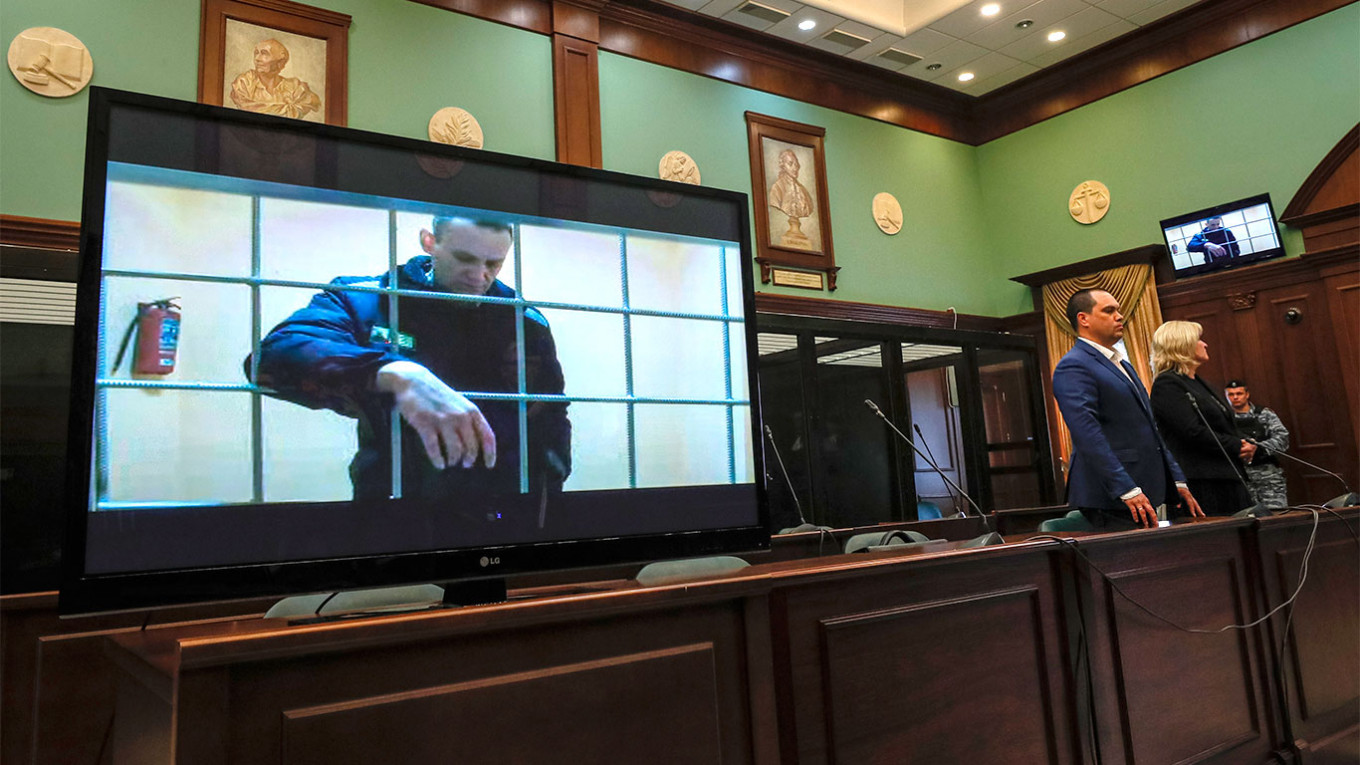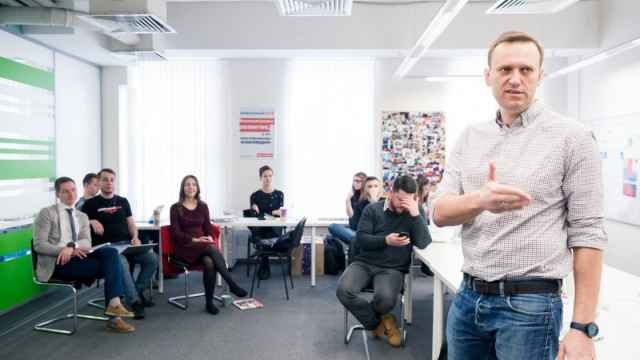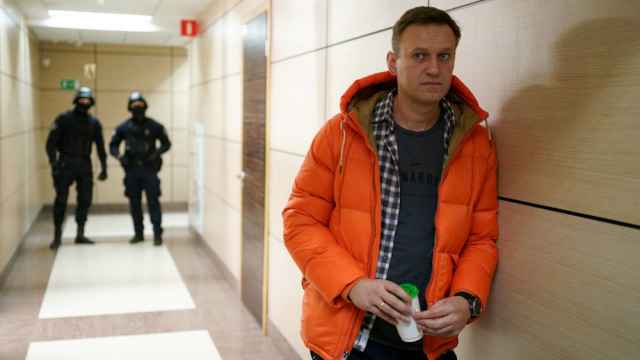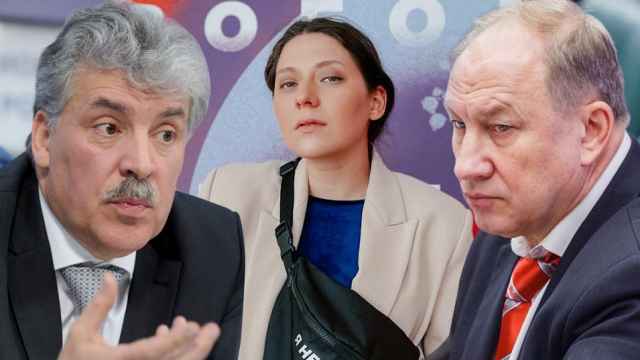Updated on June 15 to add Navalny's confirmation of his whereabouts.
Jailed opposition figure Alexei Navalny has been transferred to a maximum-security prison after his prison term was extended to nine years, his lawyer said Tuesday.
The Kremlin’s most vocal domestic foe, Navalny had been at a penal colony in the Vladimir region city of Pokrov east of Moscow since February 2021.
His transfer comes in accordance with his March 2022 sentencing to nine years in a maximum-security colony on fraud charges that he and his allies have described as politically motivated and an effort to keep him in prison for life.
But his legal team and top associates said they were not informed in advance of his transfer and did not know which prison he has been moved to.
“Today, Navalny's lawyer in the colony in Pokrov was told that Navalny was no longer being held there; he was transferred to a strict-regime colony, but we were not told which one,” lawyer Olga Mikhailova told the state-run TASS news agency.
The next day, Navalny confirmed in an Instagram post that he had been transferred to IK-6 [correctional colony No. 6], a high-security penal colony in the Vladimir region village of Melikhovo.
Navalny was sentenced to 2.5 years in prison in February 2021 upon returning to Russia after recovering abroad from a near-fatal nerve-agent poisoning that he blames on President Vladimir Putin.
His arrest sparked nationwide protests that were met with a harsh crackdown.
That summer, Russia outlawed his political and activist networks as “extremist” organizations and most of his allies have since fled abroad to escape prosecution.
Navalny said last month that he has been hit with new charges of “extremism” and “inciting hatred” against authorities, which could see him face another 15 years in prison.
A Message from The Moscow Times:
Dear readers,
We are facing unprecedented challenges. Russia's Prosecutor General's Office has designated The Moscow Times as an "undesirable" organization, criminalizing our work and putting our staff at risk of prosecution. This follows our earlier unjust labeling as a "foreign agent."
These actions are direct attempts to silence independent journalism in Russia. The authorities claim our work "discredits the decisions of the Russian leadership." We see things differently: we strive to provide accurate, unbiased reporting on Russia.
We, the journalists of The Moscow Times, refuse to be silenced. But to continue our work, we need your help.
Your support, no matter how small, makes a world of difference. If you can, please support us monthly starting from just $2. It's quick to set up, and every contribution makes a significant impact.
By supporting The Moscow Times, you're defending open, independent journalism in the face of repression. Thank you for standing with us.
Remind me later.






